The views expressed in our content reflect individual perspectives and do not represent the authoritative views of the Baha'i Faith.
According to the Sleep Foundation, most people dream for around two hours every night. Dreaming is a universal experience, regardless of whether or not you remember them upon waking.
RELATED: A Spiritual Guide to the Dream World
From understanding our spiritual reality to healing from our traumatic experiences, here are nine spiritual and scientific reasons why we have good and bad dreams.
1. We Have Dreams to Understand Our Spiritual Reality
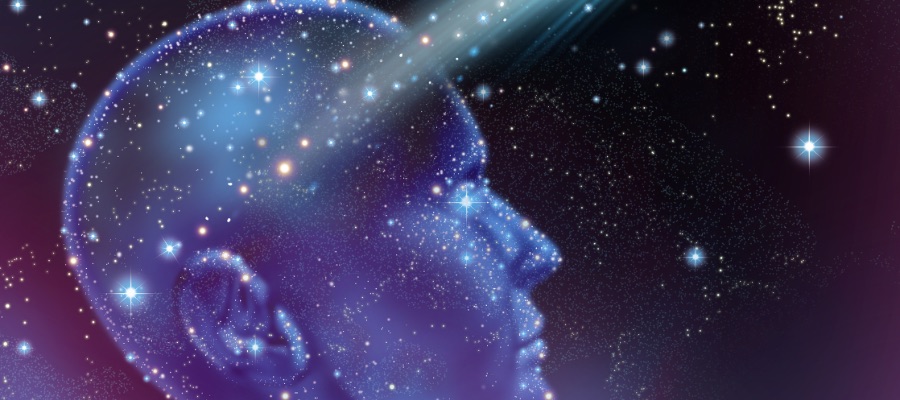
Abdu’l-Baha, one of the central figures of the Baha’i Faith, explained that the human spirit has “two modes of operation and understanding. One mode is through the mediation of bodily instruments and organs.” For example, the spirit uses the ears to hear and the eyes to see the physical world.
Spiritual traveling, our spirit’s second mode of operation, doesn’t require these organs and limbs. For example, we still hear, taste, touch, feel, see, and move in our dreams without our physical bodies. The dream world helps us understand the abilities and immortality of the human spirit and the freedom we will have once we leave this physical realm. Abdu’l-Baha said:
This body is even as the cage and the spirit is like the bird: We observe that this bird, unencumbered by its cage, soars freely in the world of sleep. Therefore, should the cage be broken, the bird would not only continue to exist but its senses would be heightened, its perception would be expanded, and its joy would grow more intense.
2. We Have Dreams to Connect With Our Angels and Ancestors
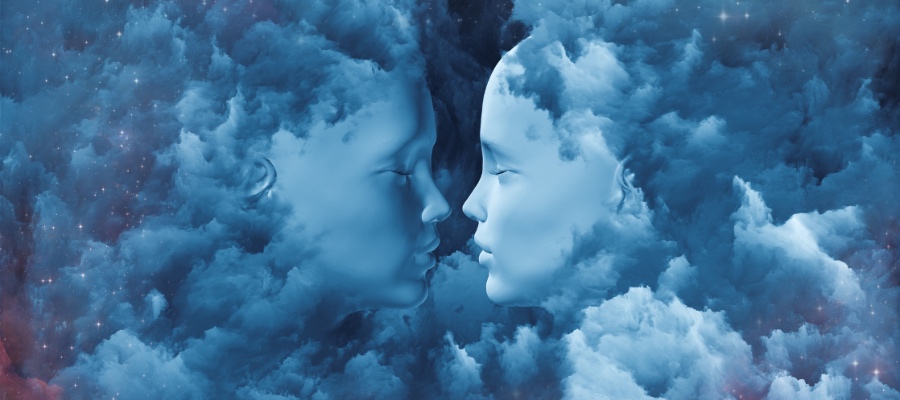
As we spiritually travel in the dream world, we can also connect with the spirits of our loved ones who have passed away.
RELATED: What Does It Mean When You Dream of Dead People?
“Again, for instance, a person is dead, is buried in the ground,” Abdu’l-Baha explained. “Afterward, you see him in the world of dreams and speak with him, although his body is interred in the earth. Who is the person you see in your dreams, talk to and who also speaks with you? This again proves that there is another reality different from the physical one which dies and is buried.”
3. We Have Dreams to Solve Problems
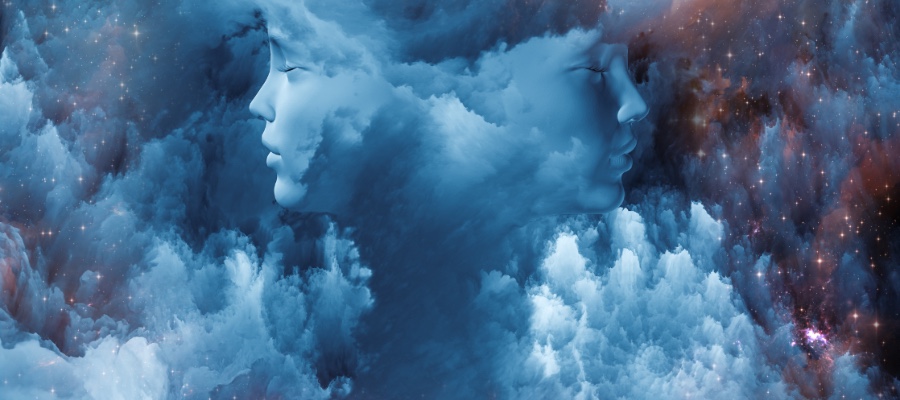
The Baha’i writings encourage us to pray for our loved ones who have passed away because when we are in a receptive attitude, they can make suggestions to us when we are in difficult situations. This sometimes happens while we are sleeping.
Abdu’l-Baha said:
The soul journeys, perceives, senses. It often happens that a man in a state of wakefulness has not been able to accomplish the solution of a problem, and when he goes to sleep, he will reach that solution in a dream.
That is what happened to Dimitry Mendeleev, the chemist who devised the periodic table. He was having trouble creating a pattern that connected the chemical elements until he came up with the idea in his dreams.
He wrote, “I saw in a dream a table where all the elements fell into place as required. Awakening, I immediately wrote it down on a piece of paper…”
Dreams have led to numerous scientific discoveries throughout history, such as the structure of the atom, the development of insulin, and Einstein’s Theory of Relativity.
Studies have shown that dreams offer solutions and insights “the night after a triggering event, and also six to seven days later.” So, the next time you need help solving a problem, you might want to sleep on it.
4. We Have Bad Dreams to Heal From Trauma
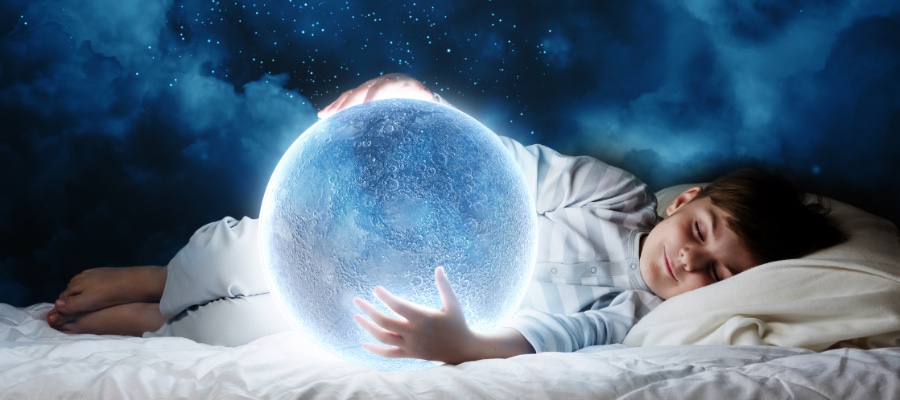
“Dreams provide a form of overnight therapy,” said Matthew Walker, the professor of neuroscience and psychology at the University of California, Berkeley, and the founder and director of the Center for Human Sleep Science. “It’s not time that heals all wounds. It’s time during dream sleep that provides emotional convalescence.”
In an interview for the Lex Fridman Podcast, he explained how dreams act like a “nocturnal soothing bomb” that takes the edge off of difficult and painful experiences so we can feel better about them the next day. “It’s not just that you dream. It’s what you dream about that also matters,” he said.
Professor Walker said they’ve discovered that people who dreamed of their painful experiences gained “resolution to their clinical depression one year later, whereas people who were dreaming just as much but not dreaming about the trauma itself did not go on to gain as much clinical resolution to their depression.”
He explained that dreaming about “emotional events allows mental-health resolution, keeping our minds safe from the clutches of anxiety and reactive depression.”
5. We Have Good Dreams, Bad Dreams, and Nightmares to Spark Our Creativity
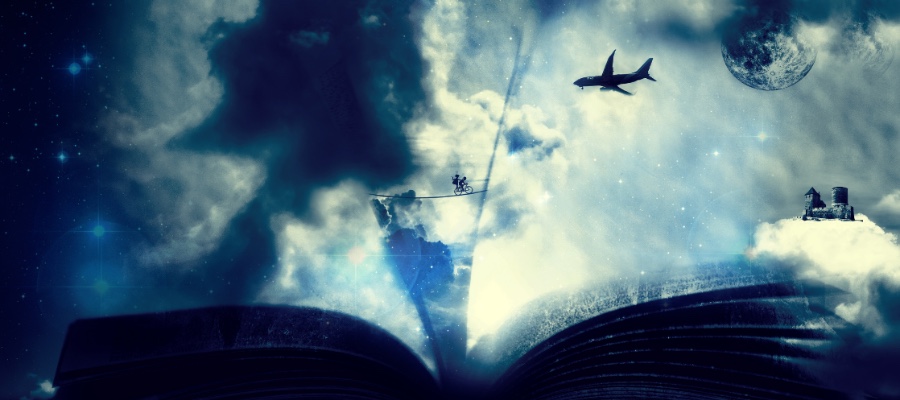
“When I placed my head upon my pillow, I did not sleep, nor could I be said to think… I saw — with shut eyes, but acute mental vision — I saw the pale student of unhallowed arts kneeling beside the thing he had put together,” recounted author Mary Shelley. It was a nightmare that inspired her to write one of the most famous science fiction novels, “Frankenstein.”
She said, “I saw the hideous phantasm of a man stretched out, and then, on the working of some powerful engine, show signs of life, and stir with an uneasy, half-vital motion. …Swift as light and as cheering was the idea that broke upon me. ’I have found it! What terrified me will terrify others; and I need only describe the spectre which had haunted my midnight pillow.’”
Frankenstein isn’t the only novel that was inspired by a bad dream. Robert Louis Stevenson dreamed of the plot for his fantasy thriller novel, “The Strange Case of Dr. Jekyll and Mr. Hyde.” His wife could hear him screaming from a nightmare. When she woke him up, he said, “Why did you wake me? I was dreaming a fine bogey tale.” His final draft was finished in just six days.
Of course, good dreams have inspired many creative works too. Paul McCartney dreamed of the entire melody for the Beatles’ hit song “Yesterday” in a dream, and the surrealist artist Salvador Dali described his paintings as “hand-painted dream photographs.”
6. We Have Bad Dreams and Nightmares to Warn Us of Potential Threats
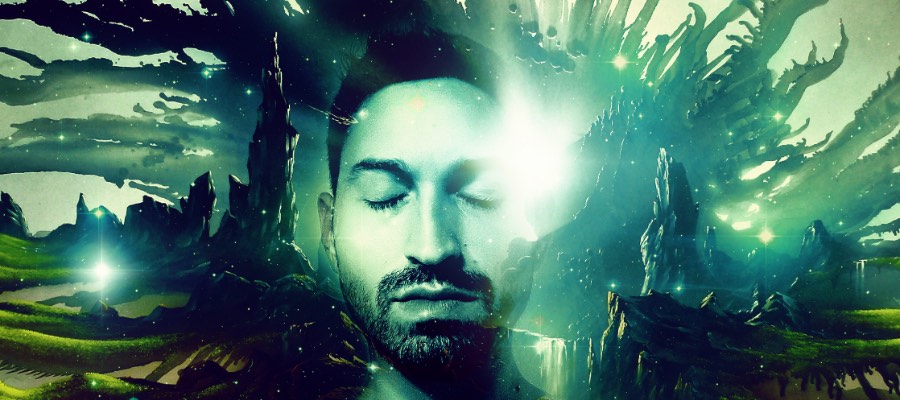
In addition to making us more creative, nightmares can also make us more alert. Harvard psychologist Deirdre Barrett believes that nightmares are the brain’s way of alerting our attention to issues that we need to address.
“Nightmares probably evolved to help make us anxious about potential dangers,” Barrett said, as told by Live Science. “Even post-traumatic nightmares, which just re-traumatize us, may have been useful in ancestral times when a wild animal that had attacked you, or a rival tribe that had invaded might well be likely to come back.” She explained that conscious awareness of the concerns that are raised in your dreams may be enough to stop dreaming about them.
7. We Have Good, Bad, and Confusing Dreams to Process Our Memories and Information
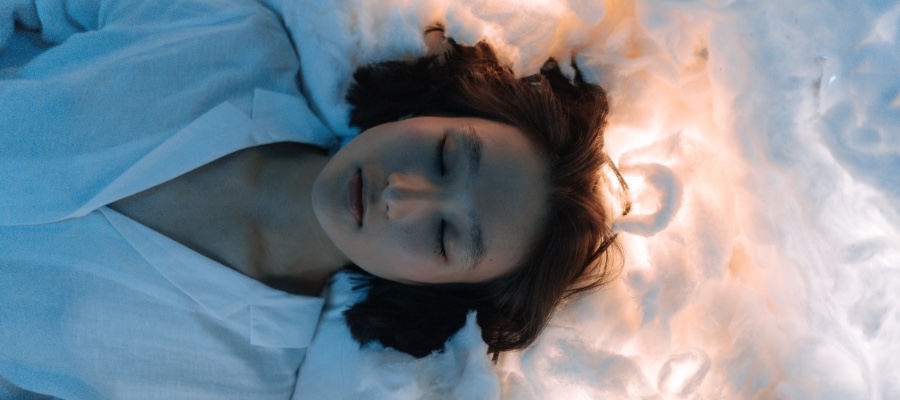
Sleep experts believe that dreaming strengthens our memory and recall of information, lets go of erroneous or unnecessary information, and reviews or analyzes events we’ve recently experienced.
For example, Abdu’l-Baha said, “during the day a man becomes engaged in a quarrel and dispute. Later, in the world of the dream, these same circumstances appear to him. This is a confused dream. It has no interpretation and contains no discoveries. Before the person dreamed, he was overcome with delusions.”
8. We Have Bad Dreams and Nightmares if We’re Fatigued or Fearful
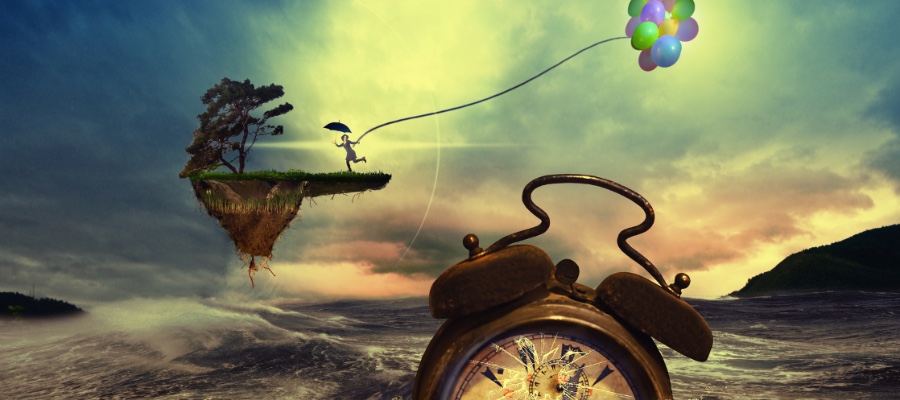
Nightmares can be triggered by many factors, including sleep deprivation, stress, anxiety, medications, and even scary movies.
After a conversation with Abdu’l-Baha, Mrs. May Maxwell, an early American Baha’i, explained that dreams that result from these influences are examples of the body influencing the soul, as opposed to the Holy Spirit influencing the soul, which is what prophetic dreamers experience.
9. We Have Good and Bad Dreams to Predict the Future
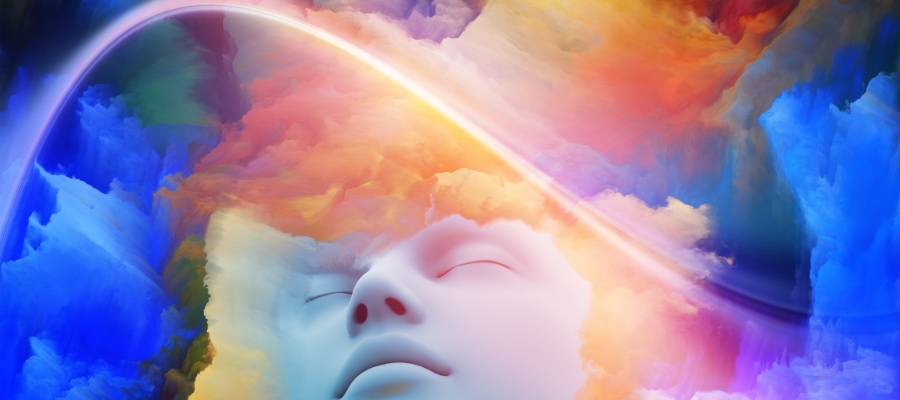
According to Ward Hill Lamon, President Abraham Lincoln’s former law partner and friend, Lincoln dreamed of his assassination.
RELATED: Prophetic Dreams: Understanding Their Meaning and Insights
In the dream, “he walked into the East Room of the White House to find a covered corpse guarded by soldiers and surrounded by a crowd of mourners. When Lincoln asked one of the soldiers who had died, the soldier replied, ‘The president. He was killed by an assassin.’”
As the Baha’i writings say:
Awake, the eye sees only a short distance, but in the realm of dreams one who is in the East may see the West. Awake, he sees only the present; in sleep he beholds the future.
Now, I don’t want you all to get too scared if you have dreamed of yourself or a loved one dying. Sometimes, those dreams serve as warnings.
For example, seven years ago, I dreamed that my father had a heart attack and died. While still in the dream, I “woke up” shaken and told my mother about it. Surprisingly, she calmly responded, “Good, that means we can prevent it.” Then I finally woke up. Naturally, I felt very confused and distressed. I told my mother about my dream within a dream, and to my shock and amazement, she said the exact same thing that her dream self had said: “Good, that means we can prevent it.”
Around a year later, my father had a severe hemorrhagic stroke. His doctor told my mother that his chances of surviving were slim. But, with the power of hundreds of prayers, he survived. Although my dream did predict his serious health scare, we were able to prevent him from dying.
And, of course, I’ve had good dreams that have come true too. I hope you all find healing, discoveries, insights, and spiritual connections in the fascinating world of dreams.


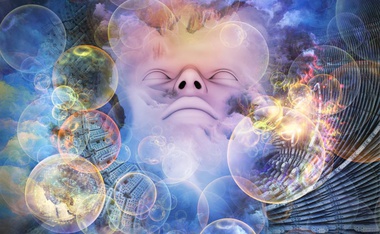

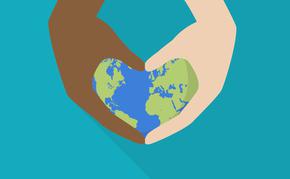

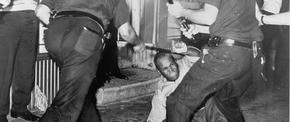
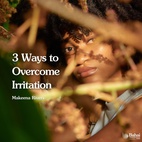








Comments
Sign in or create an account
Continue with Googleor